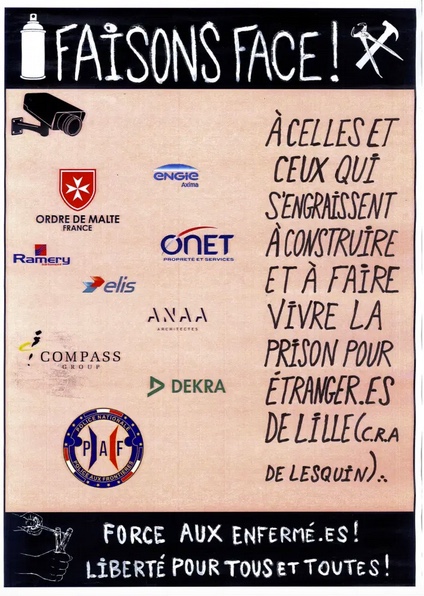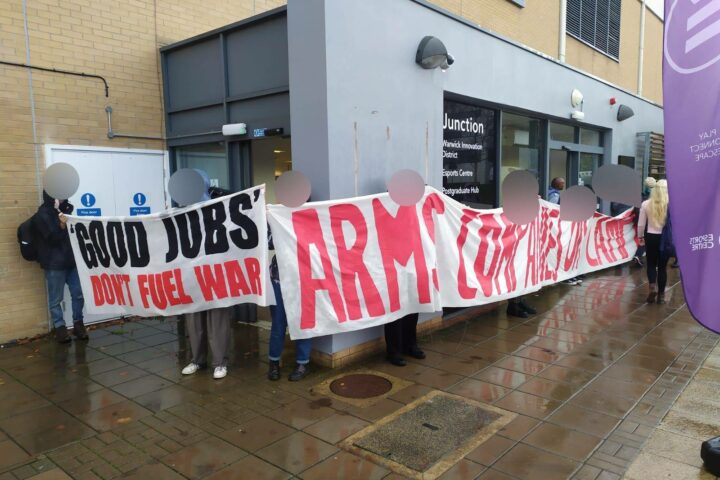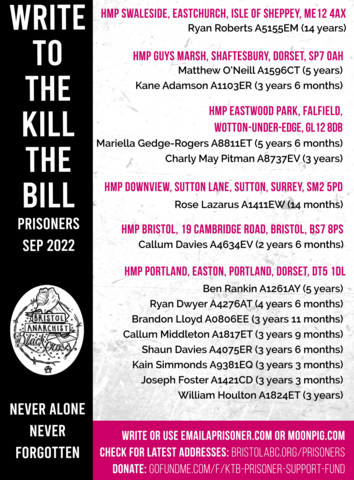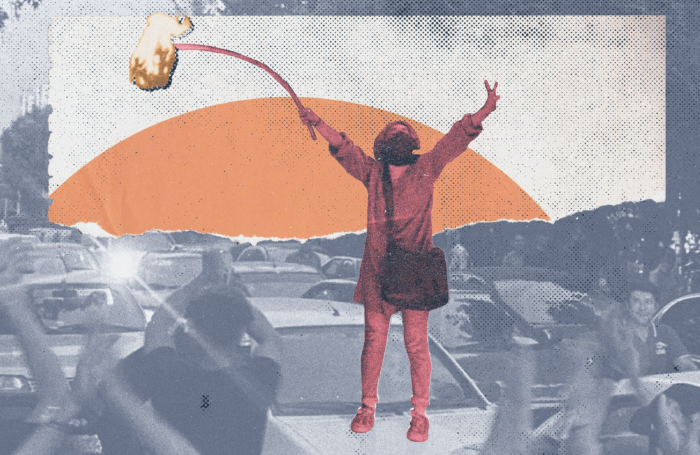Macron and his government, since their accession to power, have placed themselves in the continuity of their predecessors, that is to say, in a repressive vision of immigration. For the past three years, the policy of the Ministry of the Interior has been to reinforce the control and confinement of foreigners with, in particular, the Asylum and Immigration Act of 2019. This law, it should be recalled, allows for the detention of a person for a maximum of 90 days, compared to 45 days previously. At the same time, the state is undertaking work to increase its capacity to put people behind bars. For the year alone 2020, 481 new places will be available. Depending on the location, this may involve the re-opening of a center (Hendaye, Geispolsheim), extension work or construction of new centers such as in Lyon, Olivet and Bordeaux, including the openings are planned for the end of 2023. The two centers of the region (Coquelles and Lesquin) are also concerned.
At the Lesquin center, created in 2006, work is focused on the creation of 30 new places of confinement to carry the total capacity of the site at 116 places (compared to 86 at present) in 2021. The renovation also includes the refurbishment of reserved for the border police. To put it simply, the State’s project is more places to lock people up. foreigners in smaller cells than at present (16.2 to 12.7 m2) with more comfort for the matrons!
When the State opts for control, exclusion and expulsion of people, companies live and enrich themselves from this ejection machine. For the extension of the Lesquin center, the total cost is €1,900,000.
- The architect is the same as the one who drew up the plans when the center was created. It is Anaa Architectures located at 14 rue du quai in Lille.
- The structural and plumbing works are carried out by the major construction company of the region, Ramery Building ( 740 Rue du Bac, 59193 Erquinghem-Lys).
- The coordination in terms of safety and hygiene standards is ensured by DEKRA, 78 rue Gustave Delory in Lesquin.
- The technical control is done by the Qualiconsult group, 13 rue Pierre et Marie Curie in Lezennes.
- For the electricity, Ramery Energie (rue Jacques Messager, 59175 Templemars) is in charge, and finally Consult Energie Bat (1 Rue Jean Wiener, 62210 Avion) plays an expert and consulting role.
The expansion of the C.R.A. puts in the forefront of the scene of companies insensitive to the imprisonment and expulsion of the people when it comes to profit. They are not the only ones. Other actors, daily at the service of the CRA of Lesquin, participate actively in the machine to lock up, to expel :
- The Border Police (PAF) manages the center. It takes care of searches, deportations, transfers to the courts or to the police. other CRAs, to welcome visitors, to suppress revolts… Their commander is Denis Philippe.
- The cleaning of the buildings and the laundry are carried out by ONET, French leader in the field of cleanliness, also known to exploit undocumented migrants. The infamous food is prepared by Compass (92 rue du royale, Lille), a specialist of the collective catering. Building maintenance (plumbing, electricity, heating, etc.) is carried out by the Engie group. Axima.
In each detention center, an association is supposed to provide “legal and social aid services”. In Lesquin, the Order of Malta (57 rue Pascal, Lille) won the tender. On the whole, their main role is to pacify relations within the center. The support is only provided individually, through legal means.
The workers maintain an ambiguity as for their capacity to get the people locked up out by means of legal recourse. legal. It is difficult to place one’s hopes in the law when, for years, it has been solely repressive. To that In addition, in practice, the files are sorted according to the likelihood of a successful appeal.
The logic of these associations is not supposed to be repressive. However, even when they criticize the CRAs, their criticism focuses more on the conditions of incarceration than on the issue of deprivation of liberty. Their speeches of demand or support for prisoners are conspicuous by their absence. Thus, in cases of police violence, revolts and hunger strikes, they refuse to take a stand. This was, for example, the case this year with the catastrophic management of the epidemic in the centers and the hunger strikes and mutinies that followed.
- In the same humanitarian logic, access to care is provided by doctors and nurses from the Seclin C.H.U.. In reality, many people testify to the difficulty of being examined, but also to the massive and easy distribution of sedatives and anxiolytics.
These complicit companies are often well established.
Let’s be imaginative in order to make their collaboration to the imprisonment and expulsions visible.
Solidarity with the prisoners!




